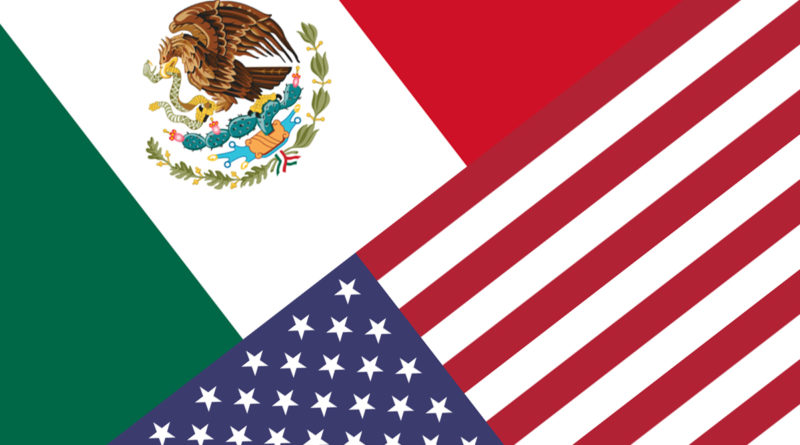Being a part of two worlds
“Where are you from?” became a question I hated answering while I was growing up. Since I was born and raised in Georgia, I always said that I was from there. Then I’d get told, “You look Hispanic” and “You’re not white.” It didn’t make sense to me to say that I was Mexican. I was born in the United States, not Mexico.
I always thought of myself as an American. I celebrate almost all the American holidays, speak English perfectly, and was born in the United States. I have yet to even visit Mexico, and I’m not very aware of how life is over there.
I’ve had family members tell me that I should not consider myself Mexican. They would tell me that I’m more American and that I don’t even speak Spanish well.
Language was another issue for me when I was younger. For the first couple of years of my life, I had a babysitter who would always speak to me in English. My first words were in English despite my parents speaking to me in Spanish. When I started school, I would switch between two languages at home and at school. Eventually, English became my primary language.
When I was younger, I would always refer to everyone as “tu”. My parents would be mad at me because they wanted me to use the word “usted” when talking to adults. They both mean “you” in English, but “usted” is a more formal word. I still make the mistake sometimes when speaking to an adult. It has always been hard for me to switch between the two languages.
My parents tried to incorporate Mexican holidays and traditions in our lives. For a while, I didn’t understand why I had to celebrate holidays like the Day of the Dead. It’s hard to celebrate a holiday when you barely know anything about it. It’s also weird to celebrate when very few people in my community are.
I started to celebrate Mexico’s Independence Day about three years ago. I previously didn’t know much about the holiday. I learned that it is celebrated on September 16th, not May 5th. I learned that the colors on the Mexican flag have meanings. Green represents hope, white represents purity, and red represents the blood of the soldiers who fought for independence.
I’ve been told that I don’t even have an accent. My friends who are from Mexico have told me that if I ever came to visit, people would immediately know I was American.
I always saw hyphenated names as something strange growing up. It is nice to have my father and mother’s first last name but I get asked a lot of questions because of it. People think Gaona is my middle name.
One of my family members asked me if I was going to hyphenate my name when I get married. I honestly don’t want to, so I said no. I remember she judged me because I was “acting like an American” and that I wasn’t “respecting my Mexican culture”. That made me question if I wasn’t acknowledging where my family came from.
It’s difficult growing up in a different place than where your parents are from. I have never truly felt completely American or Mexican. I grew up with different ideas and cultures, and it was hard to know my identity. I was constantly being told that I was more of this nationality than the other.
I’ll always be grateful to my parents for trying their best to make my siblings and me aware of our background. As I’ve grown older, I’ve come to accept my dual identity. Whenever I’m asked where I am from, I say that I am both American and Mexican.




